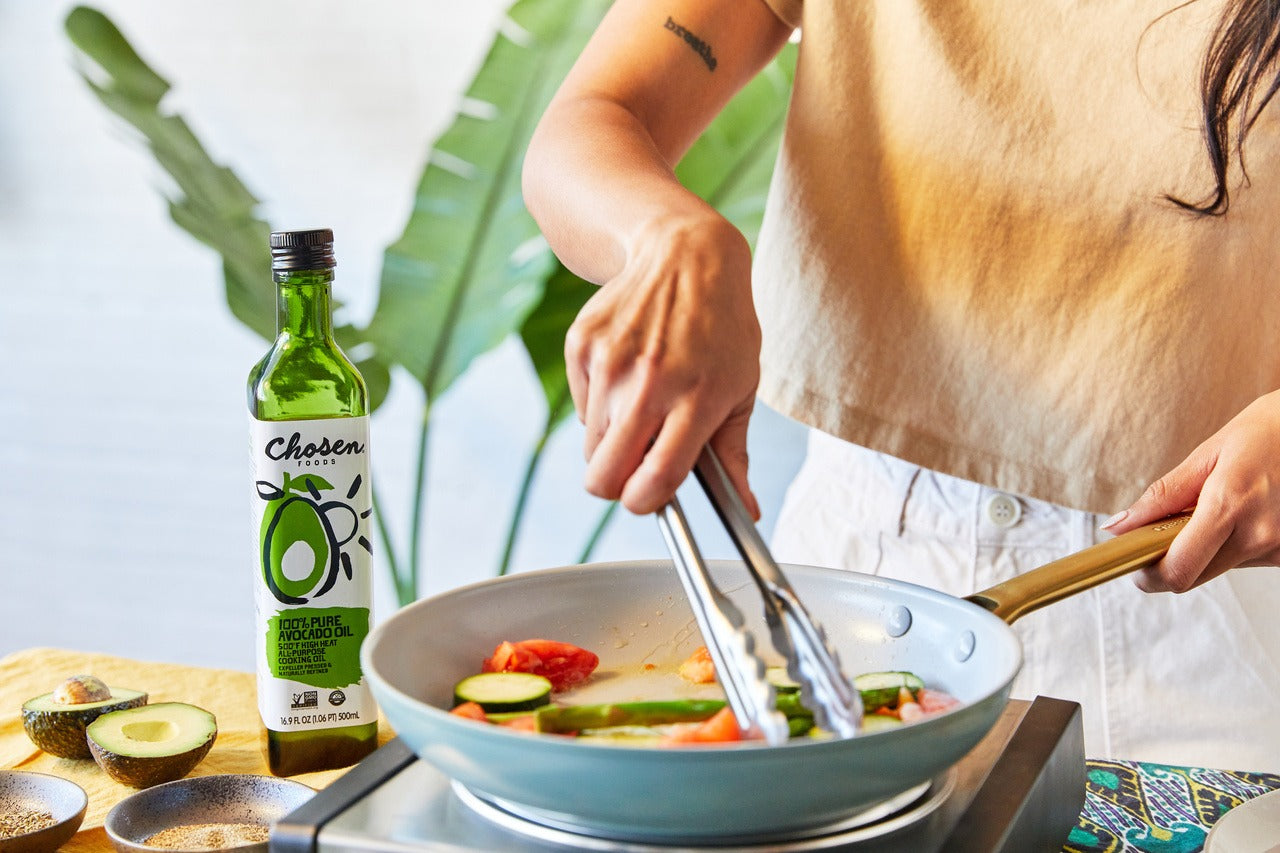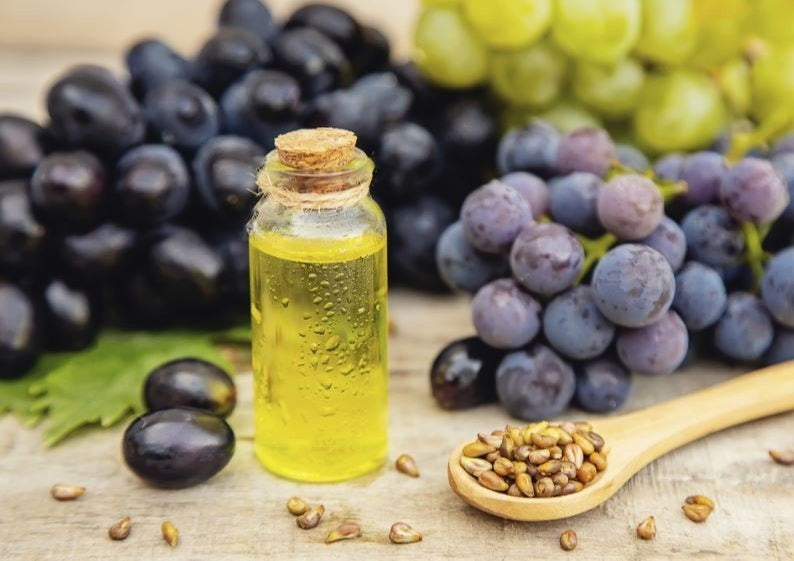
Introduction: The Surprising Truth
When you stroll down the cooking oil aisle at your local grocery store, the variety can be overwhelming. Among these options, vegetable oil remains a staple in many kitchens. But have you ever paused to ask yourself, 'What is vegetable oil made of?' This kitchen essential is more complex than you might think.
In this exclusive article, we're delighted to take you on a journey to uncover the secrets behind vegetable oil. Dive deep into this remarkable product that has become almost irreplaceable in our culinary lives.

Understanding Vegetable Oil
Before we delve into the surprising reality of what makes up vegetable oil, it's crucial to understand what this product really is. The term 'vegetable oil' is somewhat misleading as it doesn't come from a single type of vegetable. Rather, it is a blend of various plant-based oils, such as soybean oil, sunflower oil, palm oil, and more. For more detailed comparisons, you can visit our Vegetable Oil vs Olive Oil section.

The Primary Components of Vegetable Oil
Soybean Oil
Soybean oil is often a major component of many vegetable oil blends. Extracted from the seeds of the soybean plant, this oil is rich in omega-3 fatty acids and serves as a fantastic all-purpose oil.
Sunflower Oil
Sunflower oil, known for its light flavor and high smoke point, is another common ingredient in vegetable oil. Extracted from sunflower seeds, it's loaded with vitamin E, making it a healthier choice. Learn more about other healthy oils in our Healthy Oils section.
Palm Oil
Palm oil is another oil that frequently makes its way into the blend. Known for its higher saturated fat content, palm oil is derived from the fruit of the oil palm tree. While it adds stability and shelf-life to vegetable oil, palm oil has raised concerns over its environmental impact, which you can read about in our Environmental Impact of Palm Oil section.

The Extraction Process
One might wonder how these various oils are extracted and blended to form the vegetable oil we know. Typically, the process starts with cold pressing or solvent extraction. These methods help extract oil while preserving most of its beneficial properties.
Cold Pressing
Cold pressing involves mechanically pressing the seeds or fruits to extract oil without the use of heat. This method ensures that the oil retains its nutritional value.
Solvent Extraction
This method involves using chemicals to dissolve the oil within the seeds or fruits. Although it's more efficient, solvent extraction may affect the oil's purity and nutritional content.
Refining and Processing
After extraction, the oil undergoes a series of refining processes to remove impurities. This includes neutralizing, bleaching, and deodorizing. The goal is to achieve a uniform product that is safe and pleasant for consumption.
Health Benefits and Risks
Like any other food product, vegetable oil has its set of health benefits and risks. On the plus side, it is a good source of essential fatty acids and vitamins. However, overconsumption can lead to issues like obesity and heart diseases due to its high-calorie content. For tips on health-conscious cooking, check out our Health-Conscious Cooking page.
Frequently Asked Questions (FAQ)
What are the main ingredients in vegetable oil?
Vegetable oil typically contains a blend of oils like soybean oil, sunflower oil, and palm oil.
Is vegetable oil healthy?
Moderate consumption of vegetable oil can provide essential fatty acids and vitamins, but overuse can lead to health issues.
How is vegetable oil made?
Vegetable oil is made by extracting oils from various plants and seeds, followed by refining and processing. For a quick guide, visit this external link.
Conclusion
Understanding 'what is vegetable oil made of' goes beyond kitchen curiosity; it opens the door to better dietary choices and cooking practices. The next time you reach for that bottle of vegetable oil, you'll know precisely what you're adding to your dish and its potential impact on your health.
For more in-depth information, you can explore this excellent resource.
As an Amazon Associate, I earn from qualifying purchases.






Leave a comment
This site is protected by hCaptcha and the hCaptcha Privacy Policy and Terms of Service apply.